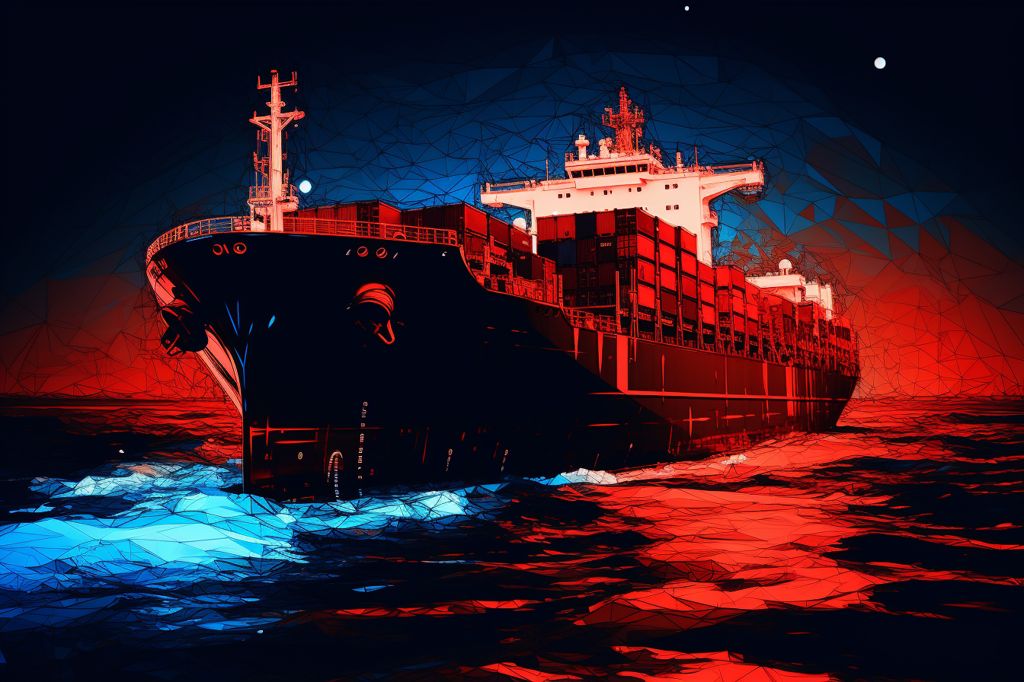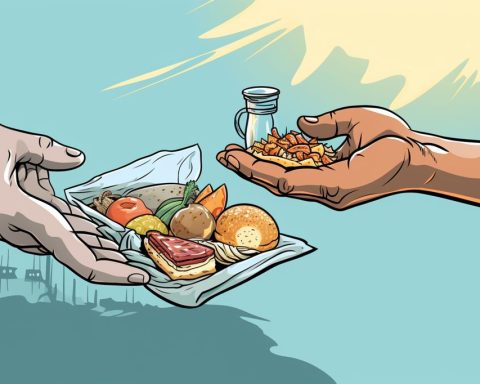Drug trafficking in the maritime industry is becoming a global concern, with the Durban port serving as a hub for illegal drug trade. The Deputy Minister of Social Development, Mrs. Hendrietta Bogopane-Zulu, is leading a proactive effort to combat this growing menace. The aim of her anti-substance abuse campaign is to strengthen working relations with law enforcement authorities, particularly border policing, to effectively fight the drug scourge in the region.
Visiting the Durban Port
Mrs. Bogopane-Zulu and her team of social development officials visited the Durban Port of Entry to gain a deeper understanding of drug trafficking in the maritime industry. The visit aimed to foster stronger relations with law enforcement agencies, non-profit organizations, faith-based organizations, and community members to enhance the department’s ability to address this pressing issue.
Raising Public Awareness
The campaign’s visit took place on June 23rd, 2023, at the Maritime House in Kwazulu-Natal Province. Members of the media were invited to attend and cover the event, emphasizing the importance of raising public awareness on the issue of drug trafficking and its impact on South African society.
Fighting Drug Smuggling
The Anti-Substance Abuse Campaign spearheaded by Deputy Minister Bogopane-Zulu is vital in protecting South Africa’s citizens and economy from the detrimental effects of drug trafficking. By focusing on the Durban Port of Entry, the campaign can make a significant impact on disrupting the flow of illegal substances into the country. The collaboration between the Department of Social Development and other stakeholders is essential in achieving this goal.
Continuous Evaluation
As the campaign progresses, it is essential to continuously evaluate its effectiveness and modify strategies accordingly. The visit to Durban Port of Entry serves as an essential step in the ongoing battle against drug trafficking. By engaging with law enforcement, community organizations, and the public, Deputy Minister Bogopane-Zulu is taking a comprehensive approach to address this complex issue.
Through these collaborative efforts, South Africa can hope to mitigate the strategic risks posed by drug trafficking and deter criminals from exploiting the maritime industry. The Anti-Substance Abuse Campaign at Durban Port of Entry is a significant milestone in South Africa’s ongoing fight against drug smuggling and substance abuse. The government’s commitment to ensuring the nation’s economic security and the well-being of its citizens is evident in this initiative.












